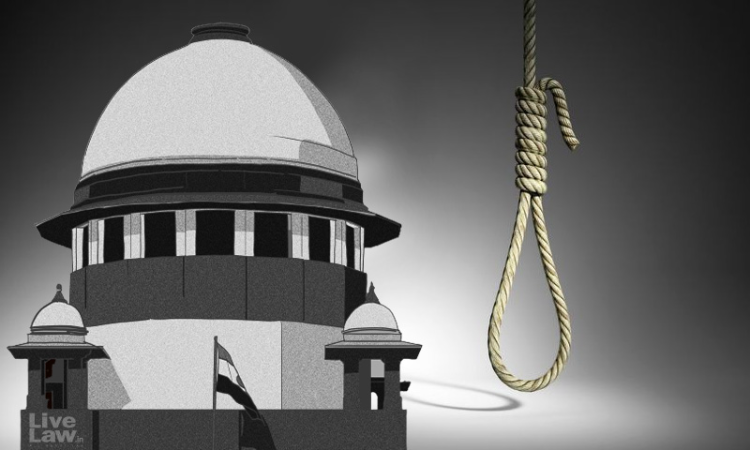" Innocent Toddler Also Had A Future": Mother Of 4-Year-Old Girl Moves Supreme Court Seeking Review Of Order Commuting Death Sentence On Man Convicted For Her Daughter's Rape & Murder
Srishti Ojha
4 May 2022 10:19 PM IST

Next Story
4 May 2022 10:19 PM IST
